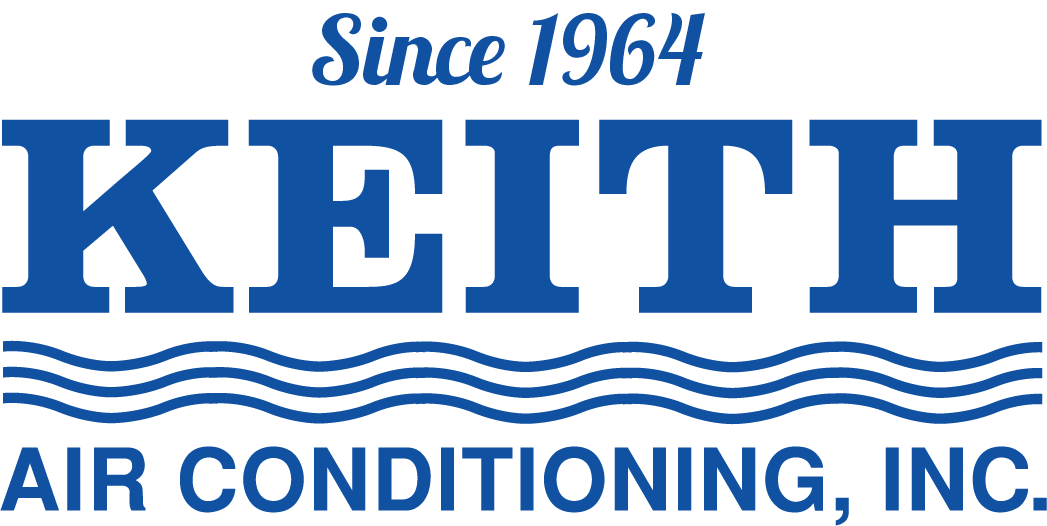One of the more recent improvements in heating systems for our region is a two-stage furnace. They make more sense in an area like ours over a single-stage heating system, which runs at top speed only. In our climate, a system that can run at a lower speed in a mild winter climate can lead to reduced utility costs.
How Two-Stage Heating Works
The gas valve adjusts itself in a two-stage heating system so that the heating cycle starts on low. If the sensor inside the system finds that your home doesn’t need much heating, the system will continue to run on low. However, during extremely cold weather, it might ramp up to the higher setting, opening the gas valve and running the air handler’s fan at the highest speed.
Advantages of a Two-Stage Furnace
- Reduced short cycling – When your furnace short cycles, it turns on and off more frequently, driving up energy bills and increasing wear on all the parts, which can potentially cause premature part failure.
- Increased comfort – Because the two-stage furnace runs at a slower speed, it heats the air more evenly and heating the air in each room thoroughly. A single-stage heating system that runs continually on high can leave rooms further from the air handler cooler. A two-stage heating system also runs more quietly since the fan isn’t running as fast.
- Better indoor air quality – The longer running speed traps more airborne particulates, improving the quality of your indoor air. If someone in your home has allergies or asthma, switching to a two-stage system could lessen their symptoms.
- Better heating efficiency – Combustion heating systems have an efficiency rating known as the annual fuel utilization efficiency, or AFUE. It indicates how efficiently the system uses fuel. While a two-stage system may have the same AFUE as a single-speed system, it’ll be more energy efficient because it doesn’t use as much fuel or electricity to run in the slower heating mode.
For more information on a two-stage furnace versus single-stage heating, contact Keith Air Conditioning. We proudly serve homeowners in and around Mobile and Baldwin counties.
